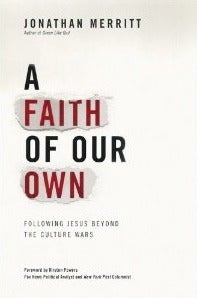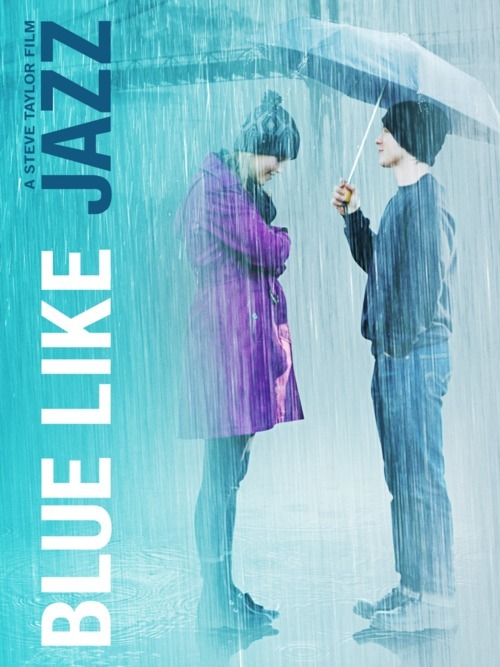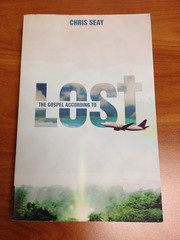 As I mentioned in yesterday’s post, though it’s been a week later since Chick-Fil-A Appreciation Day, I’m still processing.
As I mentioned in yesterday’s post, though it’s been a week later since Chick-Fil-A Appreciation Day, I’m still processing.
This whole Chick-Fil-A scene affirms the position of the futility of the Christian engaged in the “culture war.” Last Wednesday, “taking a stand”, ordering a chicken sandwich and setting a sales record galvanized countless people. But at the same time, it hurt countless others, those within our community and those outside. The point is simple, If the Church truly desires to reach out in love, the culture war is the wrong approach.
I know some are eager to point out that “the truth hurts” and so forth and I get all that. This is ever more reason that the culture war [Read more…]
 I took some time off last week, hung out with my family and decided to cut back on my social media intake and blogging. I know I’m late in posting on this but like with many things, I want to add to the conversation and be counted for whatever it is I am for/against. These thoughts have been brewing for a little while now and though I thought twice about posting on the Chick-Fil-A Appreciation Day, I am getting a handle on my words now.
I took some time off last week, hung out with my family and decided to cut back on my social media intake and blogging. I know I’m late in posting on this but like with many things, I want to add to the conversation and be counted for whatever it is I am for/against. These thoughts have been brewing for a little while now and though I thought twice about posting on the Chick-Fil-A Appreciation Day, I am getting a handle on my words now. A Faith of Our Own: Following Jesus Beyond the Culture Wars
A Faith of Our Own: Following Jesus Beyond the Culture Wars In any case, I truly liked the characters of BLJ. I’ll admit my first impression of Marshall Allman playing a young Don Miller threw me off. He looked like a cross between a goofy-looking Sufjan Stevens and a hooded Portlandian version of Eminem from 8 Mile (the movie poster has him in this pose staring down Penny and I’m worried that he’s hiding a black eye about to try to battle her on the bridge). But I have to say Marshall did a fantastic job.
In any case, I truly liked the characters of BLJ. I’ll admit my first impression of Marshall Allman playing a young Don Miller threw me off. He looked like a cross between a goofy-looking Sufjan Stevens and a hooded Portlandian version of Eminem from 8 Mile (the movie poster has him in this pose staring down Penny and I’m worried that he’s hiding a black eye about to try to battle her on the bridge). But I have to say Marshall did a fantastic job. Last week I had the privilege of attending the
Last week I had the privilege of attending the  A few times a year, Time Magazine or Newsweek will feature Jesus on their cover and we’ll debate a sucky article full of twisted examples and typical rhetoric.
A few times a year, Time Magazine or Newsweek will feature Jesus on their cover and we’ll debate a sucky article full of twisted examples and typical rhetoric. What I Liked –
What I Liked – 




Recent Comments